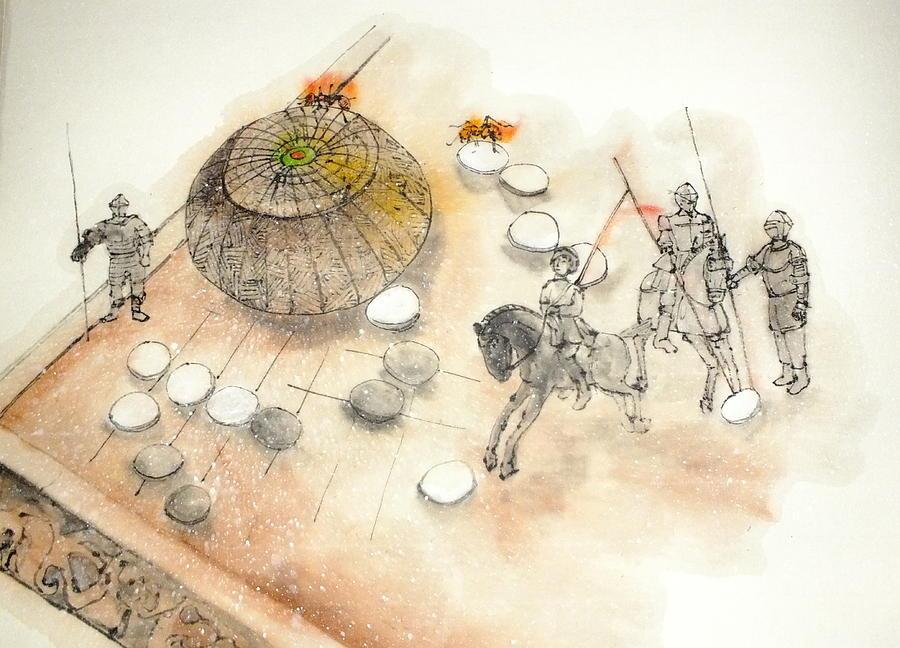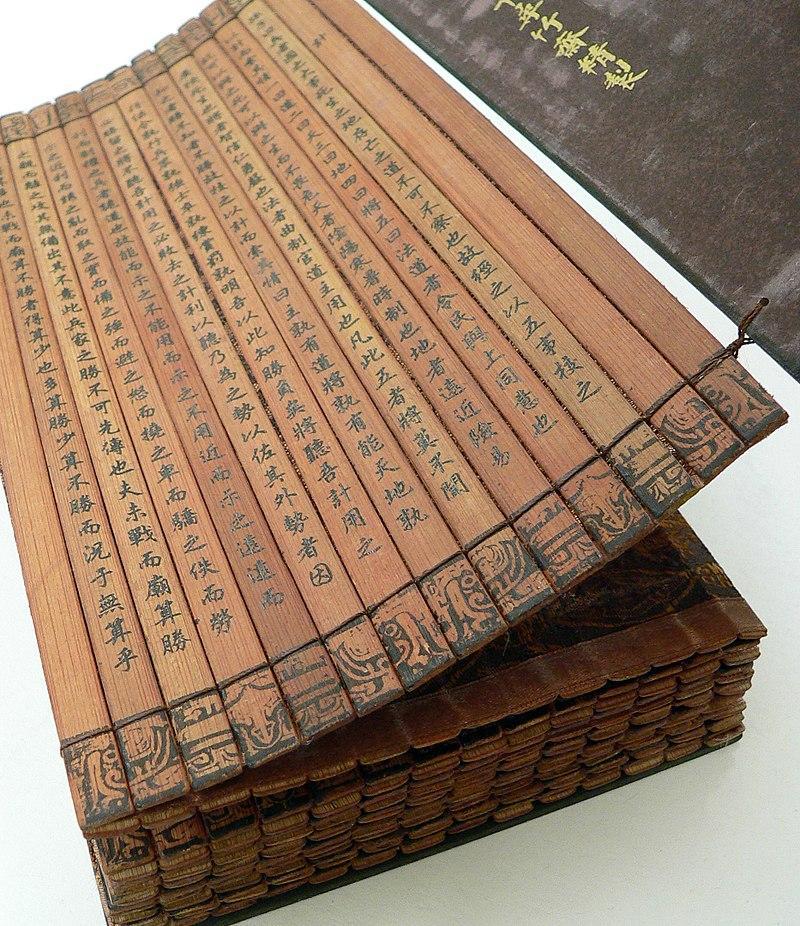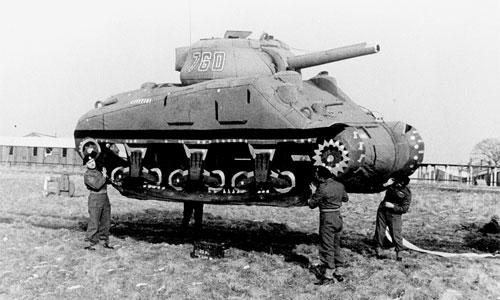The Art of GO
The Game of GO is not only a game, but an art form taking a lifetime to master.

GO Game Album by Debbi Saccomanno Chan
The renowned American theoretical physicist Richard Feynman once said “if you think you understand quantum mechanics, then you don’t understand quantum mechanics.” This is exactly how it is with the ancient board game of GO. If you think you understand GO, then you don’t know GO! Seldom do we find a master of GO who isn't as perplexed by its intricacies as the day they first began to play. As one slowly begins to learn how to win the battle, they soon lose the war.
Are you into Podcasts?
Come chat with your friends and all your favorite podcasters!
- Create a profile
- Follow podcasts
- Follow your friends
- Start discussing all your favorite episodes!
GO stretches itself out over the 19x19 line-grid theater of war. While a battle is fought in the first quadrant, a line of control forms in the other. Juggling these complexities from one corner to the next taxes the mind of the GO player. It is not humanly or mechanically possible to calculate every move in GO, and to believe so would be delusional. Many a GO game has been lost by sacrificing stones to win one battle over the victory of the board. The common noob player mistake is to greedily fight for every controlling space. With time and experience, and a dash of wisdom, the GO player begins to conceive how just as we play GO, GO plays us.
With each of our soldierly attempts to control the board through logic alone, we soon relinquish our futile grasp on foreseeing the game ahead, to embrace the intuition of a silent warrior. Not every move needs to make perfect sense to the mind. Some moves rise from a deeper intelligence. A qualitatively higher level of intelligence is intuition. Never does the warrior make a vain move with no intention what-so-ever. The move of a warrior, when not purely calculated, is derived from seeing the unseen with calm intuitive resolve. Victory lies ahead, but not always through brute-force calculation.
“Victory can be anticipated, But it cannot be forced.” Sun-Tzu
Knowing the unknowable takes guts. To play GO well, we must rely on our gut instinct. While knowledge may evolve into understanding, it takes wisdom to evolve intuition. With thousands of years of patient practice, China has birthed a philosophical approach to life's unending quandaries. Playing GO teaches us this subtle ancient discipline. As we may not always know what the correct move is in GO, we may not always know the correct move in life. One of China’s many wise philosophers, Sun-Tzu, also saw the necessity in addressing the quandaries of war.
Sun-Tzu was a master of many forms. Known primarily for his service as general under the state of Wu during the spring and autumn half of the Eastern Zhou period, living roughly from 544 to 496 BC. Sun-Tzu is famous for writing the strategic treatise “The Art of War.”

The Art of War written on Bamboo. Special Collection, University of California Riverside.
Sun-Tzu is heavily studied the world over for his approaches to strategy, which are applied in everything from sports, to business and, of course, playing GO. While chess is a game of attrition, GO is a game of territorial influence. GO requires a strategy of guerrilla warfare. These tactics are often attributed to Sun-Tzu’s approach in applying the least amount of sacrifice for the greatest amount of gain, using everything from deception to deflection and allurement. Such tactics have proved successful not only on the battlefield of war or GO, but also in the proving grounds of business.
Striking a great deal, or leading a competitor on to gain an upper hand, is a practical American past-time. As we all love a great entrepreneurial spirit, finding the right move to make in the chaos of corporate warfare demands every possible winning edge that can be gained. To meet the growing challenges faced on a daily basis, some are turning to greater ways to exercise their skills of discernment. While the game chess is a wonderful and invaluable resource for expressing our executive mental functions, it lacks a crucial element found in real life: the unknown.
The hidden variable is an always present concern in life and business and war. To navigate these turbulent and uncertain theaters of war, we can turn to the Game of GO for the perfect sparring partner to prepare us for life’s battles. Inside all of us is an intuitive warrior. When we are challenged with uncertainty and the specter of the unknown it becomes fundamental for us to be well trained. GO presents humanity’s time immemorial strategy for growing our intuitive sensibilities. To know a move in GO, is to know ourselves.
“Know the other, know yourself,
And the victory will not be at risk;
Know the ground, know the natural conditions,
And the victory can be total.”
Sun-Tzu
Not every battle is won head-on. Often it is the case that to win the war, we must choose our battles wisely. Sun-Tzu would point out that the battle is won or lost before it is ever even fought. Masters of GO will spend days, weeks, even months, studying their future opponents. Before ever sitting down at the board, the master GO player has already played the forthcoming game multiple times in their mind. Just as a military general would study their enemy, the GO master knows their opponent inside and out. The way we play GO, or wage war, is expressed by our quality of character. This Sun-Tzu level of preparedness was exemplified in the preparation for the D-day invasion.
During WWII the Allies used deceptive Art of Warfare tactics to undermine the German defenses of Normandy. Before the coming “Day of the D” a fake army, with literal balloon-tanks, was placed such to gain the attention of German intelligence reports. To drag this illusion home the Allies enlisted one of their greatest generals, General George S. Patton, to close the deal in the German minds; having him parade himself around the fake-news encampment. The Germans were convinced of the charade, unable to believe the Allies would waste their best general, and so prepared their defenses for the wrong invading forces. One might ask if the Germans had played more games of GO would they have been so easily bamboozled?

British troops carrying a dummy balloon tank during Operation Fortitude, WWII.
How we anticipate our opponents' move will dictate our response to how we present ourselves on the field of battle. In GO, war, or business, we must predict the quality of character being presented before us. To this end, harnessing our innate warrior intuition can be greatly attuned through our personal adoption of the game of GO.
Art comes in many forms. GO is no different as an art form than Sun-Tzu perceived war to be. With all the subtle nuances of deception, precision of attack, and strategic thinking needed in life, GO stands as an eternal testament to humanity's quest for novel challenges. We know we can lift weights to grow our muscles, and with GO we can grow our strategic intuitive thinking. From the board game to the board room, honing our warrior discipline will give us that winning edge.
Are you into Podcasts?
Come chat with your friends and all your favorite podcasters!
- Create a profile
- Follow podcasts
- Follow your friends
- Start discussing all your favorite episodes!
